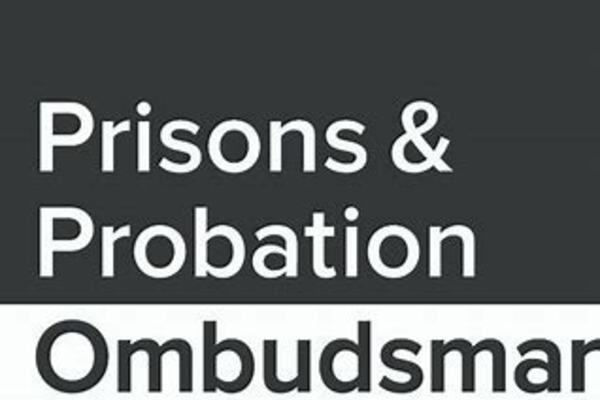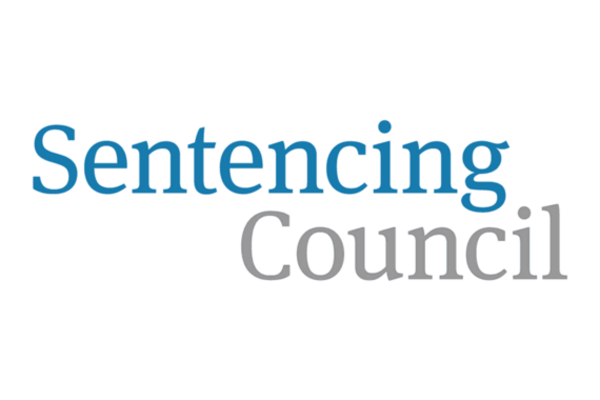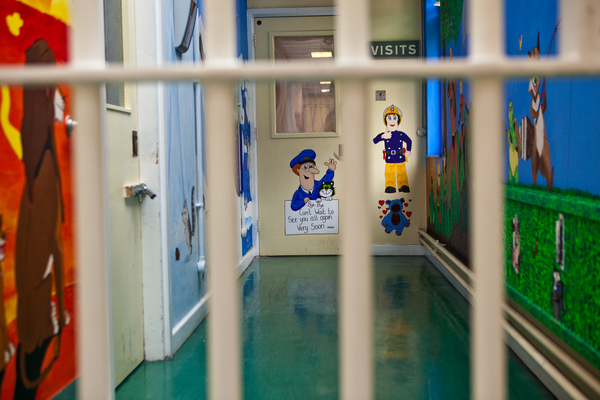The PPO’s report, published on 11 January 2022, is the second in less than six months to have investigated the death of a baby in an English prison. The findings in the case of Baby B, born in a cell in HMP Styal, are deeply shocking and remind us all of the huge risks posed by pregnancy and birth in the prison environment. Our thoughts are with the mother of Baby B and all those who care for her at this incredibly difficult time.
While the circumstances of Ms B and Baby B, as they are named in the report, are very specific (Ms B was not aware that she was in the advanced stages of pregnancy) we must not allow these specifics to mask the common themes captured by both this investigation and that into the death of Baby A in HMP Bronzefield (published by the PPO in September 2021). Both cases show women’s calls for help being ignored, and both show women’s experiences of trauma and abuse being overlooked in the assessment of their needs.
What is particularly clear from this latest report is that the limitations the prison system creates in terms of access to appropriate healthcare are so great (complicated by communications between prison staff and healthcare, and by the reliance on prison radio systems rather than direct phone contact with the emergency services) that the risks associated with pregnancy and birth cannot be safely accommodated in that system. Regardless of whether Ms B knew she was pregnant, she was clearly experiencing acute pain necessitating immediate medical attention – attention that wasn’t provided. This had tragic consequences for her baby, and could have posed a major risk to Ms B’s life. We cannot go on pretending that the prison system will ever be a safe or appropriate place for pregnancy or birth.
What must change
While the prison and healthcare services must respond in detail to the individual and systemic failings highlighted by this case and the case of Baby A, these deaths must result in a clear and conscious decision to avoid the imprisonment of pregnant women in all but the most exceptional of circumstances. Moving forward, the Ministry of Justice and HMPPS must work closely with the Sentencing Council, HM Courts and Tribunals Service, the Magistrates Association and others across the criminal justice system to ensure that pregnant women do not enter a system unable to protect their health and the health of their babies. Alongside this, NHS Health & Justice - responsible for delivering healthcare in these environments - must do everything it can to ensure the provision of truly equitable healthcare in prison, and speak honestly and openly about the challenges the prison environment creates for that equity of care, so we move away from a situation in which the intention to provide equity is misread as the provision of such.
Early releases in light of Covid
In the meantime, as the Omicron wave sends the prison system back into lockdown, with the risk of a return to women spending more than 23 hours a day locked in their cells, with little access to services, as happened in the first wave of the pandemic, the government must also reinstate and streamline its early release scheme for eligible pregnant women and those on Mother and Baby Units. In light of the shortcomings of ‘virtual’ visits, via video link, for very young children, this scheme should be extended to mothers who have children under the age of two in the community.
The PPO’s report on the death of Baby B is available here.
For more information please contact Kirsty Kitchen.





